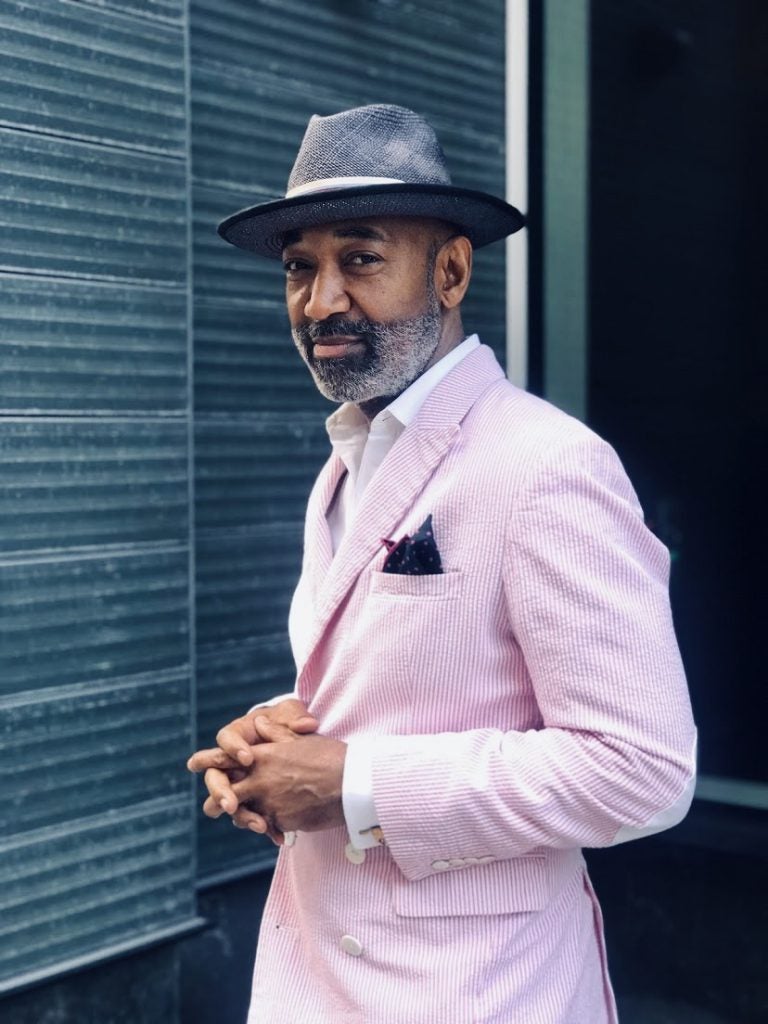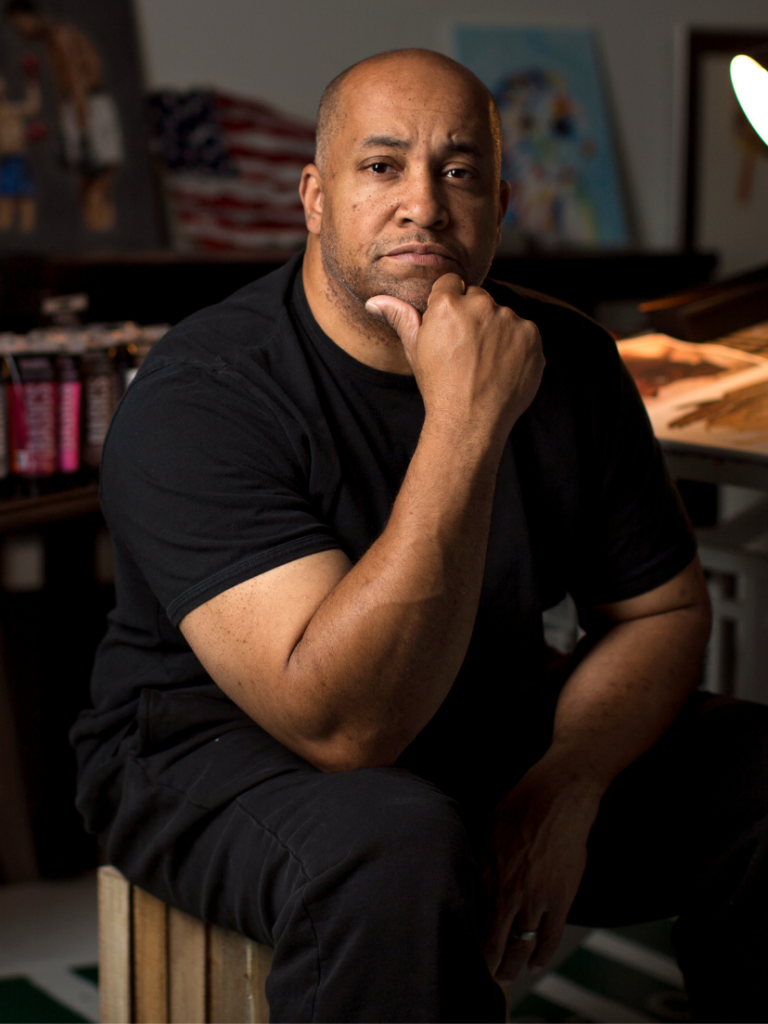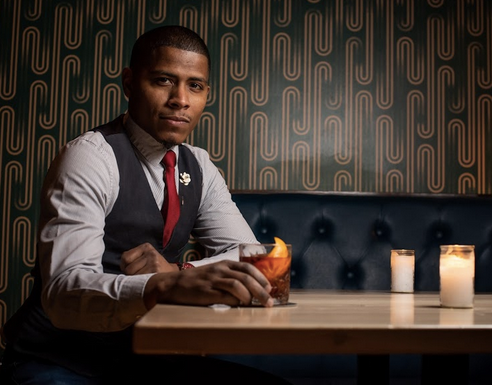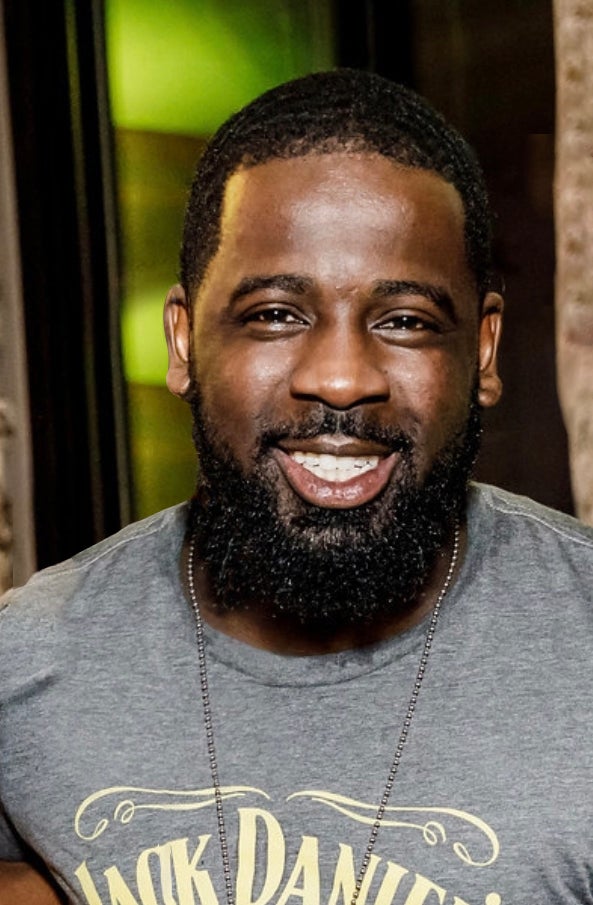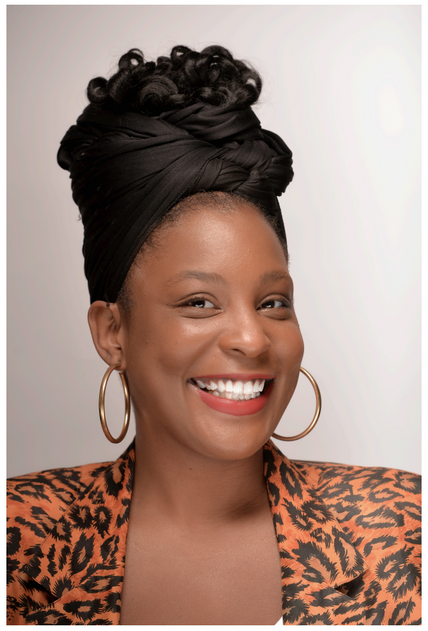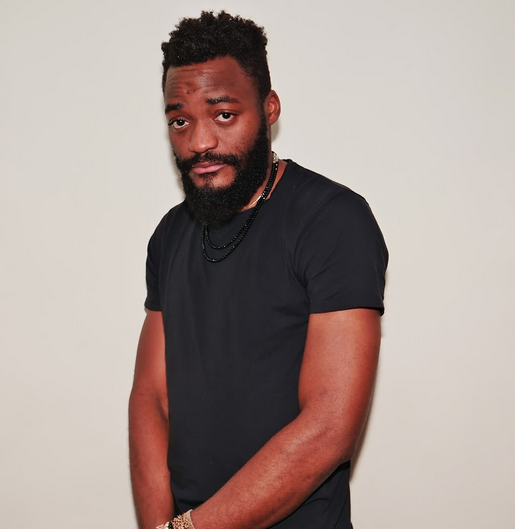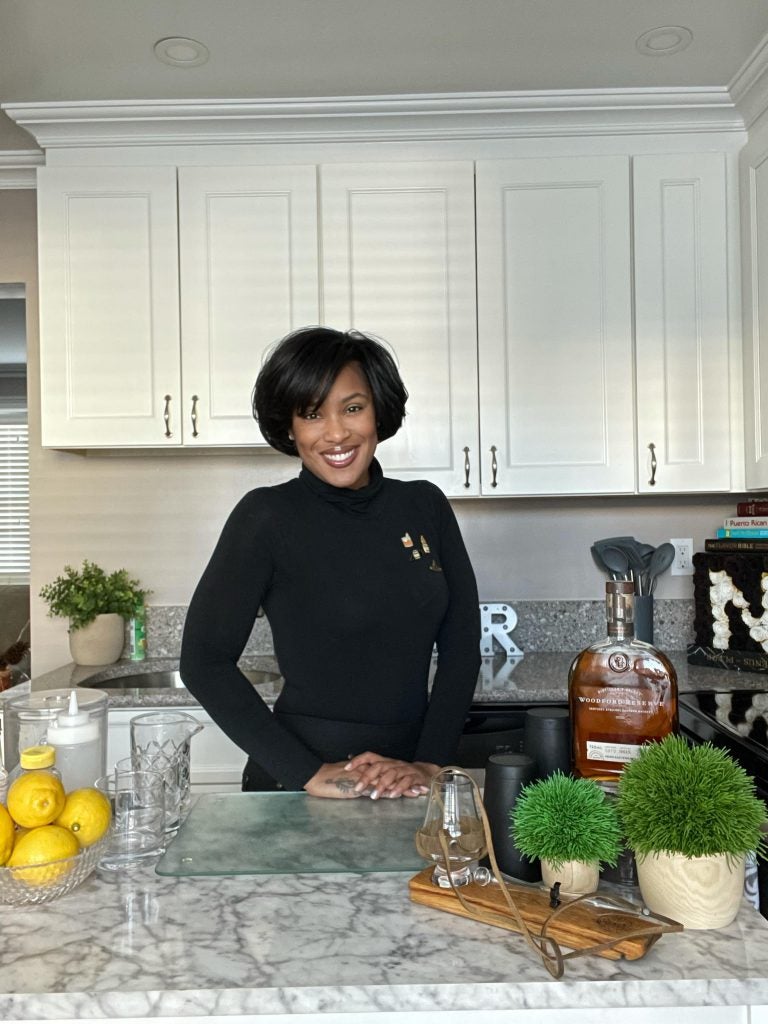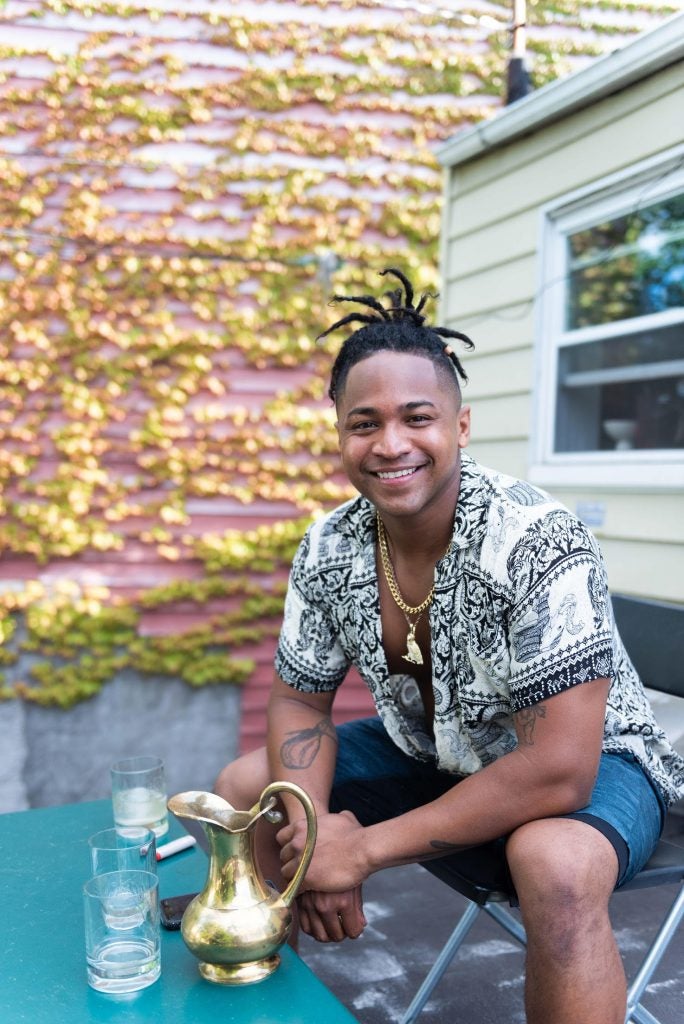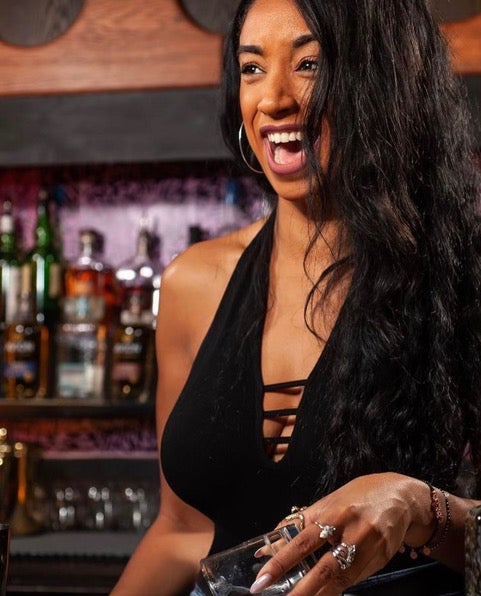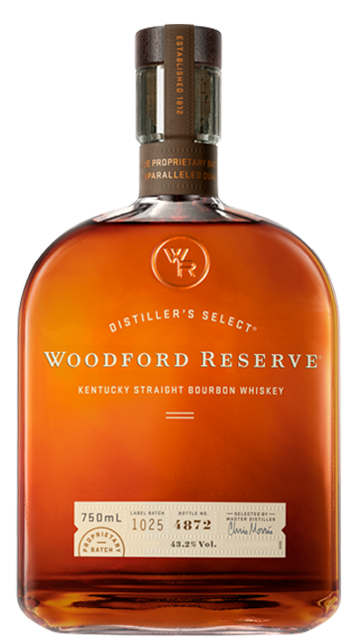How long have you been in the industry? 6 years
What do you think about when you hear “Black History Month?”
When I hear Black History Month, I think about the many contributions that black people have made not only here in America but all all around the world. I think of a time celebrate our rich culture and reflect on how far we have come as people despite the many obstacles presented to us. I think about the prosperity, health and wealth of our future to come.
Do you think the restaurant industry has made significant strides to equally incorporate the ideas and development of People of Color, both conceptually and institutionally? What could be done better?
I do think the restaurant industry has made significant strides with the inclusion of ideas and develop of people of color. I see this through the different programs that I have been a part in which I have been able to implement my ideas. Also I have seen numerous cocktail menus that include ingredients from various cultural backgrounds.
What does being a black bartender or mixologist mean to you?
I absolutely love being a black bartender it means a lot of to me. It allows me to display my talents and show my creativity off while representing my culture.
How does that representation of African American bartenders and mixologists now compare to when you started in the profession?
The representation of African American in mixology in comparison to when I first began has changed significantly, I find this though my travels both international and domestic.I see more of a presence.
What advice would you give to aspiring mixologists today?
I would like to tell aspiring mixologist to be creative, and be open to learning new techniques, flavor pairings, and trends. Additionally, have fun! It is an amazing and rewarding career, that can lead to many places.


